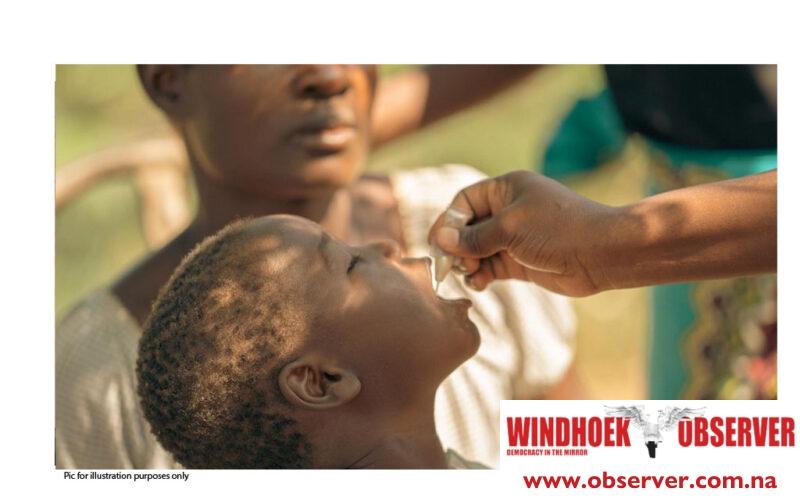Niël Terbalnché
Namibia is ramping up its disease surveillance and implementing precautionary measures in response to the escalating cholera outbreak in neighbouring countries.
The situation is particularly severe in Zambia, where over 9,500 people have been affected since the first case was reported in October 2023.
The outbreak has spread to nine of Zambia’s ten provinces, with a high case fatality rate of 3.9 percent.
Lusaka, the country’s capital, bears the brunt of the outbreak, accounting for over 90 percent of the reported cases. Alarmingly, about 52 percent of all cases in Zambia involve children under the age of 15.
Similarly, Zimbabwe is grappling with a significant outbreak that began in February last year.
The country has reported more than 18,000 cases across all ten provinces, including 71 confirmed and over 300 suspected deaths.
Harare and Manicaland Provinces are the hardest hit, with one in six new infections affecting children under five years of age.
This regional crisis is part of a broader cholera epidemic affecting multiple countries in Eastern and Southern Africa since 2023.
According to the World Health Organization (WHO), over 667,000 cases and 4,000 deaths were reported in 2023, surpassing the figures from the previous year.
The cholera outbreak has been classified as a Grade 3 Emergency by WHO, the highest internal level for a health emergency, necessitating a comprehensive response.
The outbreak has exposed vulnerabilities in healthcare systems and sanitation infrastructure across the region.
Inadequate access to clean water and sanitation facilities, coupled with overcrowded living conditions in many urban areas, have exacerbated the risk of cholera transmission.
UNICEF is actively working with governments and communities throughout the region to promote hygiene practices, improve water and sanitation infrastructure, and ensure access to essential information and resources for protecting children.
In light of these developments, Namibia’s heightened alertness and proactive measures are crucial to prevent the spread of cholera within its borders.
The country’s health authorities are closely monitoring the situation and preparing to respond effectively should any cases arise.
Namibia’s vigilance is a key component of the regional effort to contain the cholera outbreak and safeguard public health, particularly among vulnerable populations like children.
Namibia’s health authorities stated that collaboration and sustained efforts across countries will be vital in combating this public health emergency.




